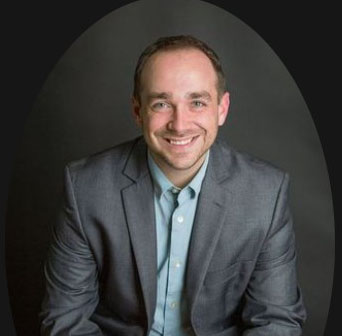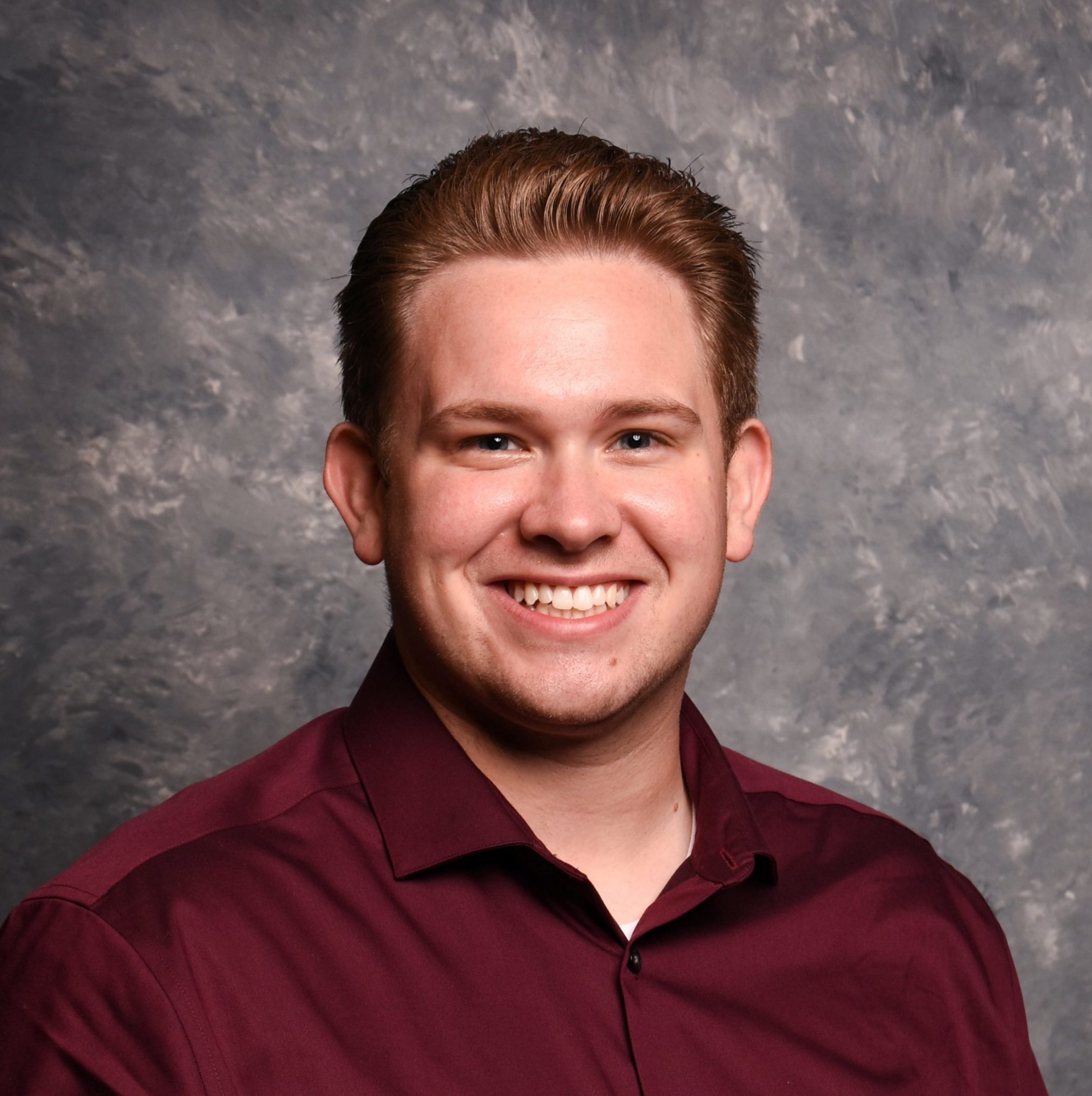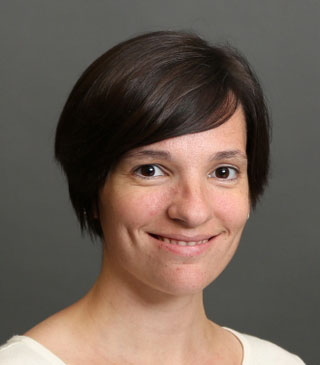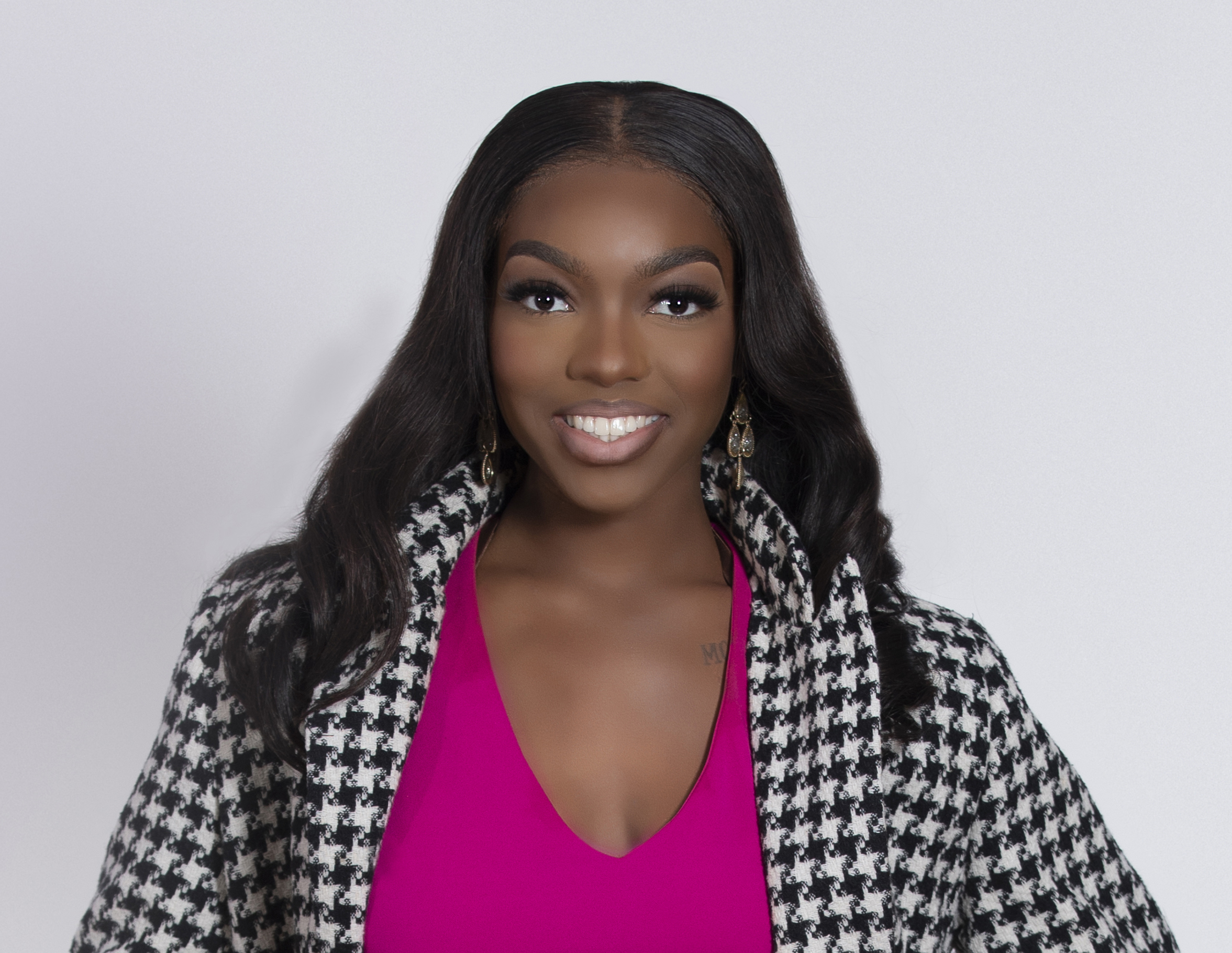Asked & Answered: On a mission, never too late for Lee
By: Ali Teske//July 13, 2022//
The Milwaukee criminal defense attorney May Lee never planned to practice law. She began her professional career as a teacher in higher education and at 38 years old decided to change courses after establishing a successful career and family.
She graduated from the University of Wisconsin Law School in 2016 and opened her practice, Lee Law Firm, within two years. Lee is a member of the Wisconsin Association of Criminal Defense Lawyers and the National College for DUI Defense. She earned a 2020 Avvo Client’s Choice Award and has previously been recognized by The National Trial Lawyers Top 40 Under 40.
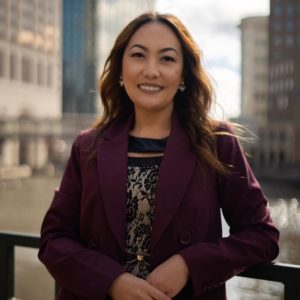 She recently sat down with the Wisconsin Law Journal to talk about switching career courses, the mission to see criminal defense clients as people and pursuing your dreams.
She recently sat down with the Wisconsin Law Journal to talk about switching career courses, the mission to see criminal defense clients as people and pursuing your dreams.
WLJ: What made you want to pursue a career in the law? Where did that start?
Lee: I never ever dreamed about becoming a lawyer or wanted to be or had any aspirations to be a lawyer. I always wanted to be a teacher and I became a teacher. Then I began to work in higher education, and in higher education I got a chance to work with federal compliance and things like that. I started to get involved with that as a financial aid director and I found that I liked the law. But at that point I was 38 with five children and then because of other personal things in my life and my background, I thought maybe I should pursue law. You only live once and so that’s what made me want to go to law school.
WLJ: When did you decide during school that you wanted to open your own practice as opposed to getting a position with an established firm in the area?
Lee: I think going into law school I knew that eventually someday I wanted to start my own practice. My plan in my mind was that I would gain experience either by going into the public defender’s office or the district attorney’s office and do that for about seven to 10 years so that I knew what I was doing, felt confident and had the experience. Then I would open up my own practice. In the public defender’s program specifically, the year that I was going to graduate, they offered something very unique and different which they hadn’t had before. You could intern with a private attorney who had their own law firm but also have the experience through the public defender’s office. So, it was like everything I wanted. My idea was “OK, great I can learn from this person, get some business ideas and whatnot.” Then, eventually once I get into public defenders’ office I would gain the experience and maybe seven to 10 years down the road open up my practice and it’ll be great. That’s not how it went.
WLJ: How did it go? You graduated law school, what was the domino effect?
Lee: I graduated in ’16. I mostly wanted to work for the public defender’s office because I knew I wanted to do defense work. I applied for a position with the DA’s position. They offered me the job here in Milwaukee and I took it. I gained the experience of working the prosecution side, which I think is absolutely invaluable to doing defense work. About a year into it, not quite a year, an attorney that was practicing here in Milwaukee had said that he was going to be retiring and he wanted to give his practice to someone. He asked if I would stop by to see his law firm. I was like ‘Why would he ask me? I literally don’t even have a year under my belt.’ When I went to see him, he said, ‘I’ve seen you in court. I think you do well. I need to leave my practice to somebody. I would like to leave it to you.’ The thought of that frightened me because I didn’t even have a year’s experience and then I have to do the business and then he’s leaving? It was great from the standpoint that he had been doing it for decades and he was just going to leave it to me and then I was just going to walk in. I felt like I still needed a little bit of handholding. I didn’t feel confident, so I didn’t take that opportunity, actually. About a month later, a mutual friend messaged me and she said there’s an attorney who’s running for judge and she’s selling her practice. I thought what do I have to lose? So, I go and see her and she’s super charming, super persuasive, she must have been an attorney. She said, ‘You can do this. Even if I get my judicial seat I’ll still be available for a month before I get on the bench. I’ll help answer questions, I’ll help mentor you.’ She made it seem like this was going to be a piece of cake. Long story short, I ended up buying her practice. She did everything I didn’t do. I only wanted to do criminal work, and she did everything else. It’s been a little bit of a wild ride because I walked into a practice doing everything she was doing only to realize I didn’t want to do any of this stuff. I basically cleaned everything up, closed all my files and started up brand new all criminal stuff.
WLJ: With Milwaukee having a competitive legal scene, how do you navigate that?
Lee: Early on when I started the practice and switched it all up to criminal, I always wanted my practice to be more missioned oriented. Meaning, instead of ‘I’m out here to make a buck’ for one or for two ‘I’m the best of the best’ that primarily I was here on a mission. The mission is to give a voice to those I represent and to stand up for them and to fight for equal justice. I wasn’t just going to be another one of those attorneys that were throwing ads out there. I immediately developed a mission statement for my law firm. Then, I gathered really regular folks, people in non-legal fields and I did a focus group. What would you want a law firm to provide? What would bring you into a specific law firm if you were looking for an attorney? What I found a common message was they just wanted to know that there was someone that actually cared about people as human beings, that you saw them as more than the charges they were being charged with and that you would care about their circumstances. Using that feedback, I built my law firm on that mission. I feel Milwaukee can be competitive, I think, when you look at the bigger scope of the city. I don’t really feel like I’m in that competition. If you build yourself upon a principle that has a good foundation, people who value that will be drawn toward you.
WLJ: Do you have any plans to expand?
Lee: Right now it’s myself and then a part-time associate attorney. I am looking for a full-time staff attorney. Hopefully we grow that soon and then continue to grow. I’d love to expand.
WLJ: Is there a particular case or client that has made an impact on your career? Maybe a moment in court that solidified your career change choice?
Lee: There are so many that I could name off and give details about. I don’t know that it would be one in particular. I will say there was a case and it’s not necessarily even about the case itself. We were set for a sentencing hearing on that client and essentially a prosecutor who wasn’t really assigned the case, just kind of covering it for that day, I knew him so I knew he didn’t have bad intentions in the way he responded to something that I had asked him. I kind of pled on behalf of my client for some leniency and he sort of came back after just kind of flipping through the file and gave me a little bit of a smirk and said, ‘Your client’s a criminal. I think whatever we’ve offered is totally appropriate.’ I had a moment to sit and think because he then had to get on the record. For one, I knew how it felt because I had been a prosecutor; you’re just looking at files. You’re not looking at these people as people. You’re looking at the police reports, the crime and saying this person deserves this. For a prosecutor to look at that file and page through it briefly and smirk at me and say that made me hurt for my client and feel like he wasn’t being treated as a person, especially this particular client. He had gone through so much trauma in his life. Not to excuse his crimes, but when you get to know people you all of a sudden see more than just the crime they committed. You think ‘Man, if I had grown up that way, what life choices would I have made?’ After he got off the record I walked up to him and tried to talk to him about some these backstory things. As I was doing so, I found myself getting extremely emotional about this and trying to share that this was a person he was talking about. It wasn’t just a file, it wasn’t a piece of paper. Eventually the judge said, ‘You two need to take this out of the courtroom. If one of you needs to go into chambers, go into chambers.’ I booked it right into chambers. I was just like, ‘This is why I’m doing this.’ I understand people commit crimes, we don’t want that. We also want people to be known for more than the worse mistakes they have made. If anything, that kind of solidified that I’m doing what my life’s purpose is.
WLJ: What advice would you give a lawyer that is maybe not happy with their career path? Maybe they’re with a firm and it’s just not what they thought. What kind of advice would you give for them to consider going out on their own and opening their open practice?
Lee: [laughing] Don’t do it. I remember that first year of opening up the practice and thinking what in the world did I get myself into. I can’t believe I left a cushy job to go to law school only to end up here. What am I doing? My advice would be find an attorney who’s willing to let you shadow, be your mentor, help you through he process. There are so many things you don’t have to reinvent the wheel or go at it alone. You have to be financially secure and prepared and ready to suffer a loss.
WLJ: Any parting words about building your own practice and being a small firm in a big city?
Lee: It’s not often or really ever that I think of myself of a small firm in a big city. I started it off as the reason I went to law school is you only live one life and to pursue your dreams. I would encourage your readers to never feel like it’s too late to do the things that you feel passionate about. I can say and I believe this, I didn’t believe it the first year, but I can say that if you do pursue your passion and its where you feel your purpose is, the finances and ‘success’ will follow. If a mother of five children can do it at 38, then anyone can do it.
Legal News
- Wisconsin court issues arrest warrant ‘in error’ for Minocqua Brewing owner
- Chicago man sentenced to prison after being caught with ‘Trump Gun’
- FTC bans non-competes
- Gov. Evers seeks applicants for Dane County Circuit Court
- Milwaukee man charged in dismemberment death pleads not guilty
- Democratic-led states lead ban on the book ban
- UW Madison Professor: America’s child care crisis is holding back moms without college degrees
- History made in Trump New York trial opening statements
- Prosecutor won’t bring charges against Wisconsin lawmaker over fundraising scheme
- Republican Wisconsin Senate candidate says he doesn’t oppose elderly people voting
- Vice President Harris to reveal final rules mandating minimum standards for nursing home staffing
- Election workers fear threats to their safety as November nears
WLJ People
- Power 30 Personal Injury Attorneys – Russell Nicolet
- Power 30 Personal Injury Attorneys – Benjamin Nicolet
- Power 30 Personal Injury Attorneys – Dustin T. Woehl
- Power 30 Personal Injury Attorneys – Katherine Metzger
- Power 30 Personal Injury Attorneys – Joseph Ryan
- Power 30 Personal Injury Attorneys – James M. Ryan
- Power 30 Personal Injury Attorneys – Dana Wachs
- Power 30 Personal Injury Attorneys – Mark L. Thomsen
- Power 30 Personal Injury Attorneys – Matthew Lein
- Power 30 Personal Injury Attorneys – Jeffrey A. Pitman
- Power 30 Personal Injury Attorneys – William Pemberton
- Power 30 Personal Injury Attorneys – Howard S. Sicula






